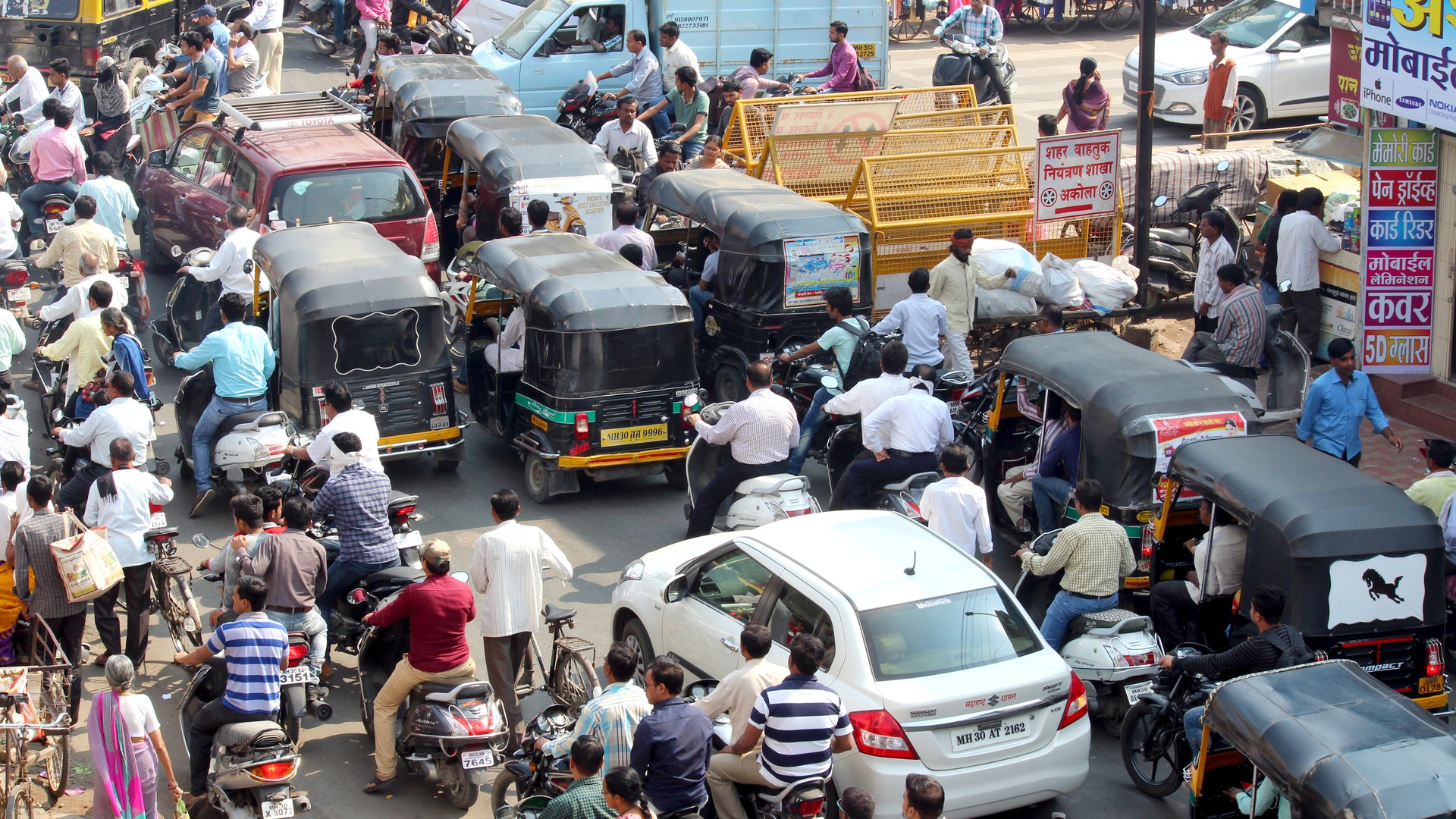Economy
Third wave of COVID infections could slow India’s economic growth in near term
Some economists believe that the third wave of COVID infections, which India is currently facing, will slow economic growth in the near term. The third wave seems to be less disruptive than the previous two waves of coronavirus infections.
Samiran Chakraborty and Baqar M Zaidi, Citi economists, wrote in a research note that the economic impact of the new wave could be relatively less severe in the first three months of 2022. They highlighted that even before the third wave struck, India’s economic activity between October and December fell below expectations.
As such, the Citi economists revised their inflation-adjusted GDP estimates for India for the fiscal year 2022. Chakraborty and Zaidi expect growth to fall by 80 basis points from 9.8% year-on-year to 9% largely due to weaker economic activity in the October-December quarter. They also revised down their fiscal 2023 growth estimates from 8.7% year-on-year to 8.3%.
Chakraborty said there are reasons to be hopeful of a relatively less-disruptive COVID wave in terms of overall activity. “These reasons include hospitalization rates, shorter COVID wave cycle period, higher vaccination coverage and weakening link between COVID and activity.”
The predominant COVID-19 strain in India is still Delta but the rise in recent infections has been attributed to Omicron. India, as per data from the Health Ministry, has identified 5,488 cases of COVID-19 infections that were caused by the new, highly contagious omicron variant. However, analysts say the number of omicron cases in India is much higher than what has officially been reported. This is because it takes time for genetic sequencing to determine if a person with COVID contracted the new strain.
It should also be noted that India’s healthcare infrastructure is now better prepared to tackle the third wave of infections, but a rapid spike in cases could push it to the brink. Radhika Rao, a senior economist at Singapore’s DBS Group, earlier this month said that regional variations in access to healthcare personnel, medical facilities, oxygen ventilators and critical care underscore the need for proactive action before caseloads intensify beyond the metros.
Also Read: HFCL set to use CommAgility’s 5G new radio software for indoor small cells
Priyanka Kishore, head of India and Southeast Asia economics at Oxford Economics, expects far less economic damage from the current outbreak compared to the two previous waves. She said the economy has adjusted to being more resilient to COVID-related disruptions.
The third wave of infections will hit India’s private consumption as state governments will implement restrictions to stem the spread of the virus.










































